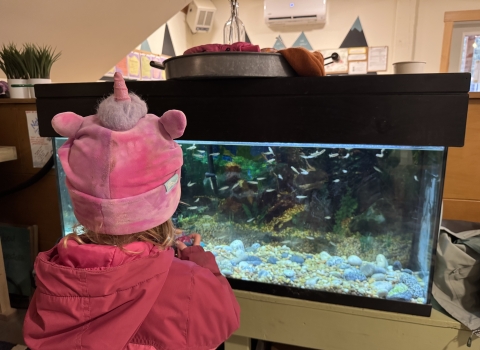Solar energy development in the United States will be critical for meeting the nation’s growing demand for clean renewable energy. In 2023, the Solar Energy Industry Association ranked Georgia 7th for total installed solar capacity and the industry is rapidly expanding.
We recently partnered with the Georgia Department of Natural Resources, Georgia Environmental Protection Division, Nature Conservancy, and Georgia Wildlife Federation to develop Recommended Practices for the Responsible Siting and Design of Solar Development in Georgia, Version 2.0 (2024). The document provides photovoltaic (PV) solar facility developers with recommended practices to consider. Ranging from site selection to construction to operation/maintenance, our recommendations can help with designing and implementing projects in a sustainable way for the state of Georgia. This guidance does not supersede any consultation or regulatory requirements.
We are always welcoming feedback from partners and regularly update our guidance as new information and improved practices are identified. Through proactive planning and partnership, PV solar development can help meet Georgia’s renewable energy needs, minimize impacts to natural resources, and maximize opportunities to increase co-benefits to the local environments.
Another free tool that is available to assist with solar energy project development is the Georgia Low Impact Solar Siting Tool (LISST). LISST is available as a web application to provide project managers with the data to identify areas that may be preferred for low impact development. The tool seeks to support the acceleration of large-scale solar development in areas with less impact to the environment.
If you have any questions or feedback, reach out to us! You can find us at GAES_Assistance@FWS.gov



